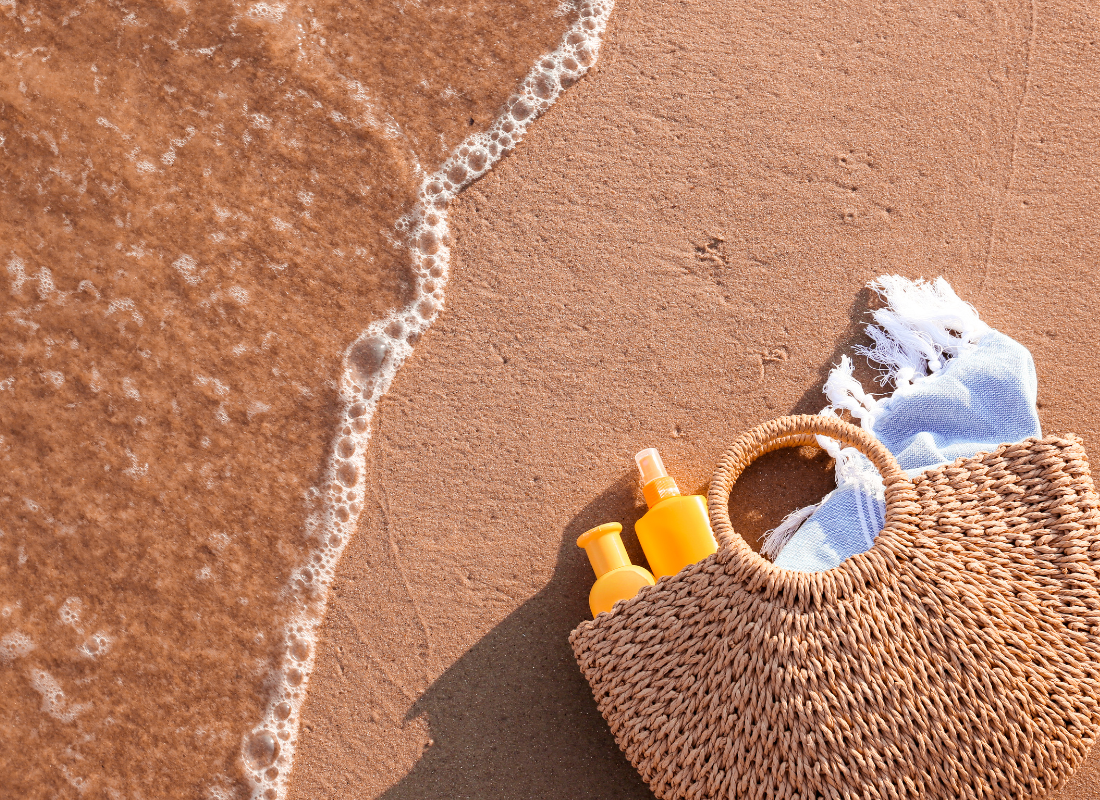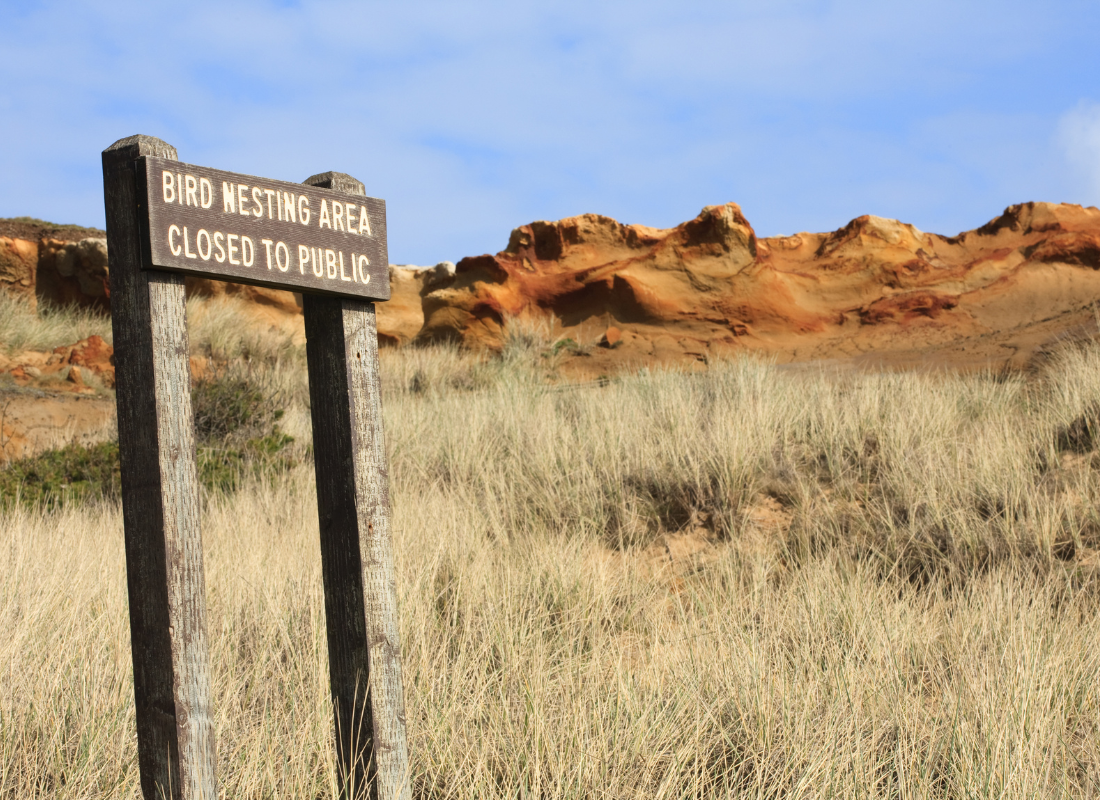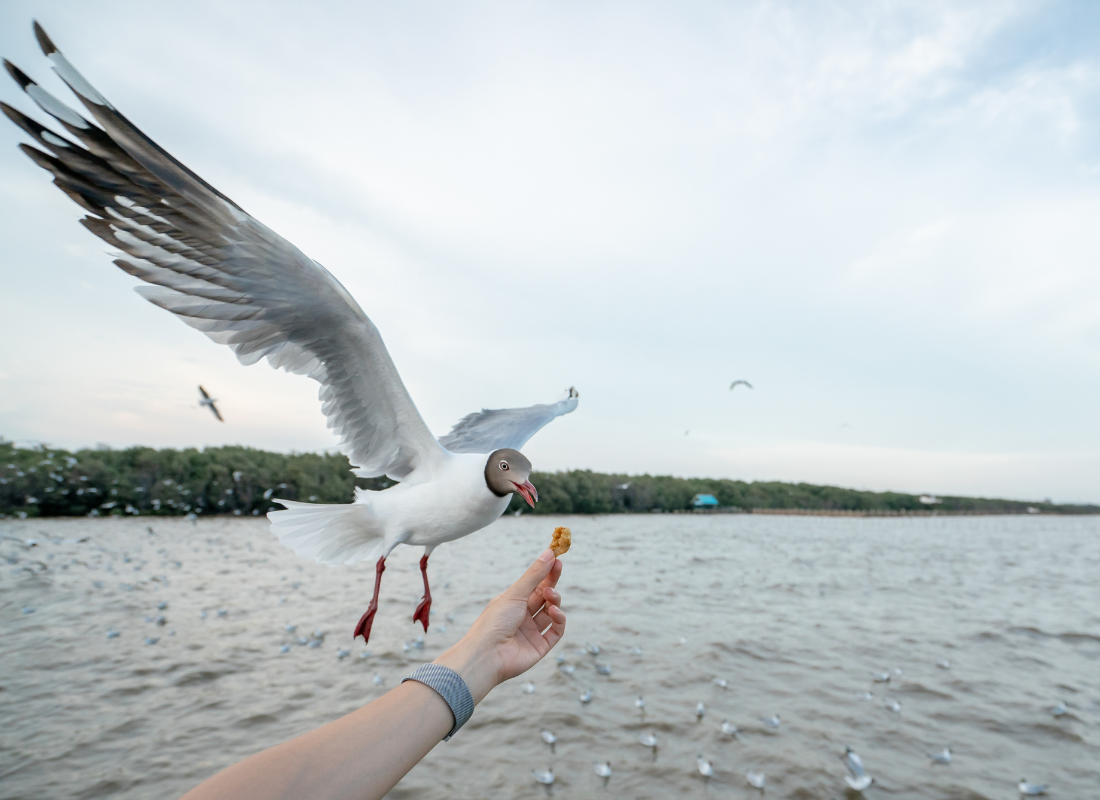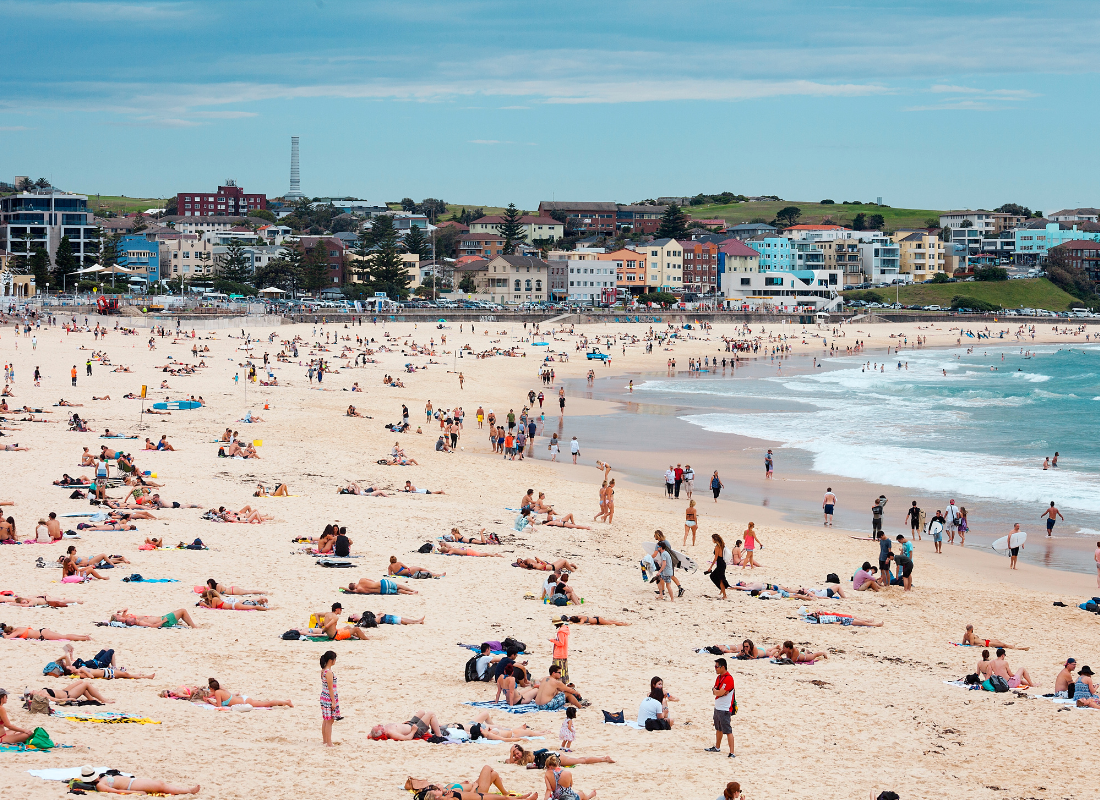
The allure of beaches, with their golden sands and shimmering waters, beckons us to immerse ourselves in their natural splendor.
Yet, amidst the serenity lies a delicate ecosystem vulnerable to the impact of human activity. It’s crucial that we, as beach enthusiasts, adopt eco-friendly behaviors to safeguard these precious coastal treasures.
Here’s how each of us can contribute to the preservation and protection of our beaches:
Environmental Respect
 As we set foot on the beach, let us carry with us not just our towels and sunscreen, but also a sense of responsibility towards the environment.
As we set foot on the beach, let us carry with us not just our towels and sunscreen, but also a sense of responsibility towards the environment.
Bringing along a bag to collect our waste is the first step in demonstrating this respect. Each discarded cigarette butt, plastic bottle, or food wrapper leaves a lasting imprint on the coastal ecosystem.
By diligently cleaning up after ourselves, we ensure that the natural beauty of the beach is preserved for generations to come.
Protecting Fauna and Flora
 Beaches teem with diverse marine life, from majestic sea turtles to graceful shorebirds.
Beaches teem with diverse marine life, from majestic sea turtles to graceful shorebirds.
To safeguard their habitat, it’s imperative that we respect designated nesting areas and refrain from disturbing wildlife.
Additionally, by treading lightly and avoiding trampling fragile dunes, we protect the coastal vegetation that stabilizes the sand and provides vital shelter for numerous species.
Using Environmentally Friendly Products
 Preparation for a day at the beach should extend beyond sunscreen and towels to encompass eco-friendly product choices.
Preparation for a day at the beach should extend beyond sunscreen and towels to encompass eco-friendly product choices.
Opting for sunscreens free from harmful chemicals ensures that our enjoyment of the water does not come at the expense of coral reefs and marine life.
Likewise, shunning single-use plastic products such as water bottles and picnic bags in favor of reusable alternatives significantly reduces our ecological footprint.
Participating in Cleanup Initiatives
 Many coastal communities organize regular beach cleanup events to combat the accumulation of debris and waste along the shoreline.
Many coastal communities organize regular beach cleanup events to combat the accumulation of debris and waste along the shoreline.
By actively participating in these initiatives, we contribute not only to the cleanliness of our beaches but also to the broader awareness of the importance of preserving our coastal environment.
These collective efforts serve as powerful reminders of the impact of our actions on the natural world and inspire ongoing commitment to conservation.
Avoid Feeding Wildlife
 While it may be tempting to share snacks with the birds or marine animals we encounter at the beach, it’s essential to refrain from doing so.
While it may be tempting to share snacks with the birds or marine animals we encounter at the beach, it’s essential to refrain from doing so.
Feeding wildlife can disrupt their natural feeding behaviors and lead to dependency on human food sources, which can have detrimental effects on their health and survival.
Additionally, feeding birds or marine animals can attract unwanted pests, such as seagulls or rodents, and contribute to litter problems as they scavenge for food scraps. Let us appreciate the beauty of wildlife from a respectful distance and allow them to forage for their natural food sources without interference.
Conclusion
 In essence, adopting eco-friendly behaviors on the beach transcends mere preservation of a picturesque landscape—it embodies a culture of responsibility and respect for our planet.
In essence, adopting eco-friendly behaviors on the beach transcends mere preservation of a picturesque landscape—it embodies a culture of responsibility and respect for our planet.
Every conscientious action, no matter how small, contributes to the preservation of the beauty and richness of our beaches for future generations to enjoy.
Let us cherish our coastal sanctuaries and strive to leave behind footprints of sustainability and stewardship.




